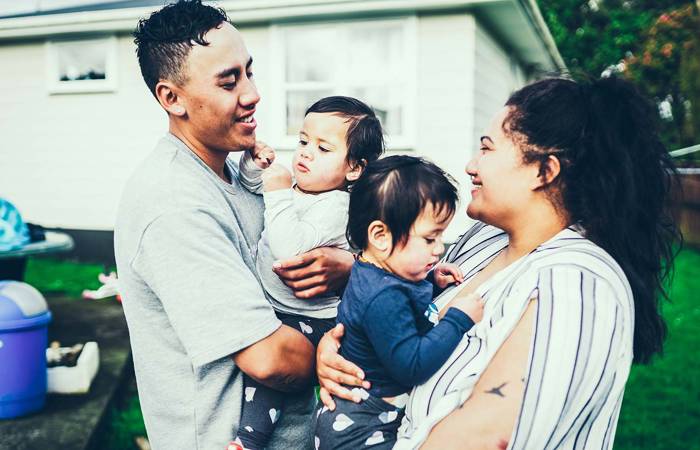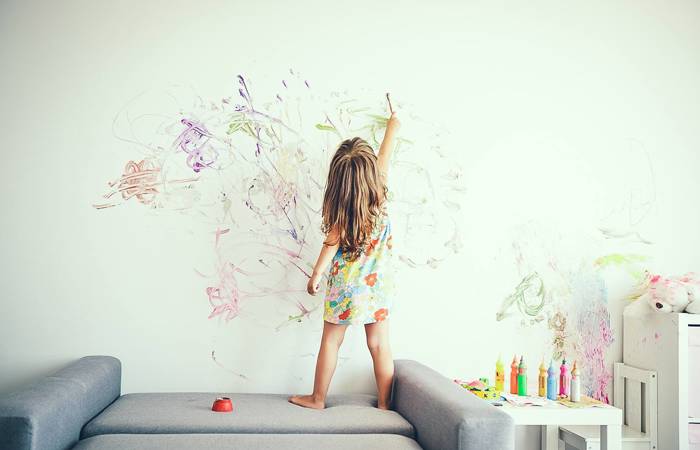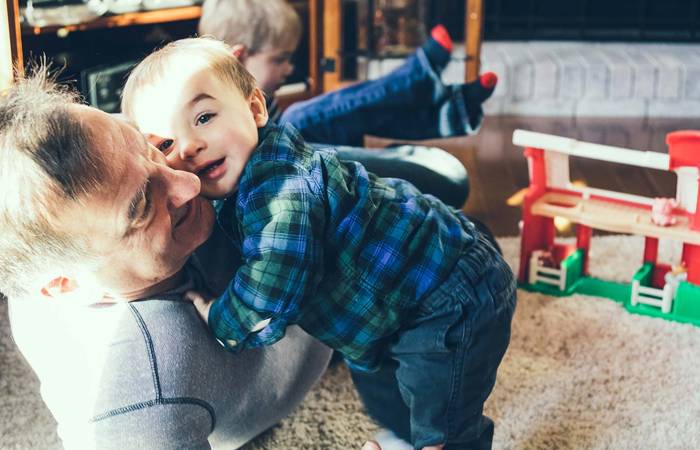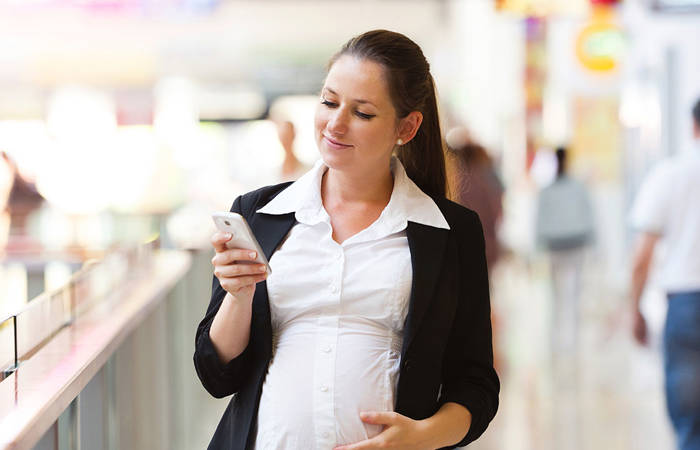Like what you see?
Sign up to receive more free parenting advice.
Thank you for subscribing to our newsletter!
Child Development
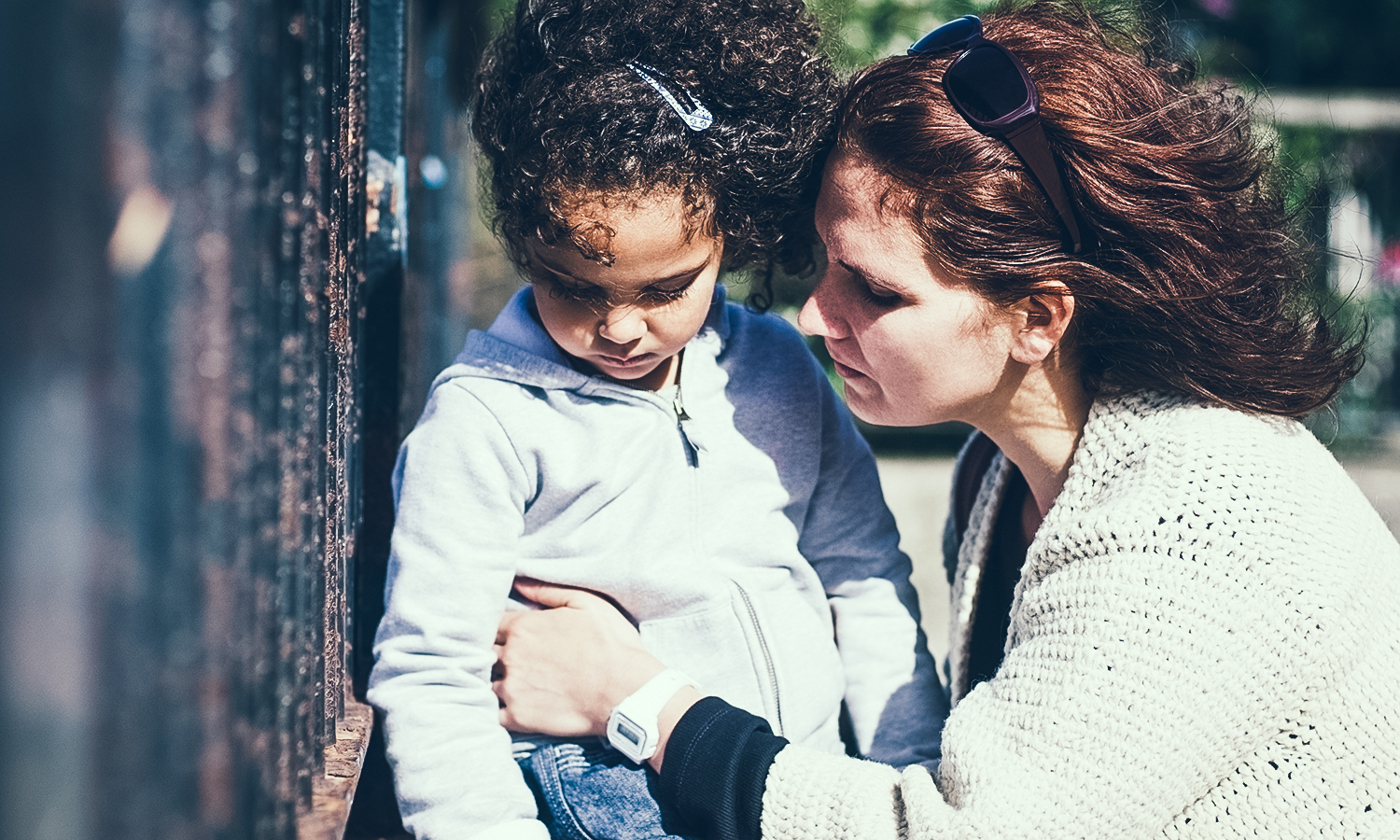
Credit: iStock.com/onebluelight
When First Five Years surveyed 1000 families, 72% of parents said they would rarely or never intervene if they saw someone else’s child misbehaving in public and their parent was unaware.
But while we aren’t intervening, some of us are probably still judging the parent in question. So why do parents so often feel judged?
“It’s a complicated situation, because there are a lot of expectations on parents now. Quite a lot of it has to do with the ideas we have about children and society more broadly,” says Associate Professor Iris Duhn from Monash University.
She says part of the problem is, in Australia at least, that children are not as visible in public life as in many other cultures.
“In my neighbourhood I hardly ever see children. Of course this depends where you live, but child rearing is quite ‘private’ in Australia and children are quite absent from public life,” she says.
Associate Professor Duhn says this has a number of downsides for all involved.
“It also creates a difficulty for children, as they don’t necessarily learn how to be in public spaces. Quite often they are out for a special event, which has lots of children and lots of families – that creates its own intensities,” she says.
European cultures are one example where children are more visible in ‘standard’ public environments.
“I was in Italy last year and it struck me how relatively normal it is to see families with young children out at night. They are just part of the streetscape. In Australia it’s quite different – children in general aren’t as much a part of public life as they could be,” Associate Professor Duhn says.
She believes the attitude means that everyone loses.
“Parents are learners too: we all learn together. So we all miss out on those opportunities to learn how we could be together in a diverse public space,” she says.
Another result of this cultural norm means that for parents, anxieties are heightened when we are out in public with our children.
“If you are out with your kids there is always a level of insecurity. We ask ourselves, “What are the boundaries?”, “How should I behave?”, “What are the great examples I have of other families doing this?”, and there aren’t really that many examples,” Associate Professor Duhn says.
Quite often there are lots of demands on parents. More generosity and kindness would help, as would keeping an eye on the judgement that we all have of others.Associate Professor Iris Duhn
Stay up to date with the latest news and articles from First Five Years
Thank you for subscribing to our newsletter!
Feeling judged in public
She believes often, whether we intervene or not, we are judging other parents.
“Think about Japan Airlines with its new policy where passengers can choose not to sit next to a family with young children. There is constant judging going on, and a perception of children as possibly being a nuisance,” she says.
“That’s problematic: as a parent you always feel on the back foot, and that people are judging you and your parental skills based on how your children behave.”
It’s just one reason the Associate Professor believes society could benefit by encouraging honest conversations that are more about connection than judgement.
“Parents in general are under a lot of pressure, possibly more than in previous generations. So parents need the support of other people: parents and non-parents,” she says.
“We need opportunities to get feedback on what we are doing that really works well. Generally speaking, we don’t tell each other about things that are going well.
“I think there’s more space to do that. It doesn’t need to be over the top; just honest conversations.
“Quite often there are lots of demands on parents. More generosity and kindness would help, as would keeping an eye on the judgement that we all have of others.”
Of course, with honesty comes the potential to offend. Associate Professor Duhn thinks there should be some wiggle room here.
“There’s such a focus on being nice and making things look nice – I think we could do with a few more bumps. Maybe we need to risk offending people a little bit more, is it so terrible? It’s just another opportunity to talk,” she says.
Changing the paradigm
While a majority of us say we wouldn’t intervene if a child were misbehaving in public, she says there are times it’s appropriate to “give a helping hand”, as long as it’s done carefully.
“Remember, a lot of people feel anxious and judged, and a public ‘judging’ doesn’t have good consequences for anyone”.
Although there are lots of factors making this a complicated situation, the Associate Professor believes finding our way through it would change child rearing for the better.
“It’s urgent that we learn to do it better. It would help children and help parents: it would help all of us really,” she says.
Of course, if a situation is dangerous, politeness becomes of lower priority, and intervening is always warranted.
“Sometimes it just needs to be fast, and it needs to be done, and you can deal with the fallout afterwards. If in doubt, intervene. I think that’s another thing we need to learn.”
One way to help society get used to engaging more publicly with child rearing is the idea of intergenerational care.
“I have colleagues who are bringing children together with older people to build relationships. Those two populations have a little more time to engage with each other than those in the middle, who need to be busy earning an income. It’s a great learning space, as both generations meet people they normally wouldn’t,” she says.
The power of conversation
Another powerful way to start chipping away at the layers of judgement many parents feel in public is to start more conversations.
“Just have a chat. Say something nice to a stranger, perhaps about, ‘How nice it is to be sitting together in the sun’” Start building relationships before jumping in to intervene; it’s a good way to start to recreate public life,” she says.
These actions don’t have to be big to have an impact on parents.
“Even saying something nice to the stressed parent in the supermarket queue can make a difference,” she says.
“Just try to move into a more understanding space.”
Regardless of what others say or do, Associate Professor Duhn offers a piece of advice that should help every parent.
“Remember, you are not your child. Children are people, not an extension of self.”

